Recreating Tamil Culture in UETC II
When we set out to work on “Unsung Empires: The Cholas II Legacy of Rajendra Chola,” we were clear about one thing – to be historically accurate as much as possible.
Our goal is to create a highly realistic world and storyline, to implement aspects such as diplomacy, government, education, and more. We aim to honor the ancient Tamil culture and showcase Thanjavur at the peak of its glory.
Our team went on a research trip to Thanjavur, where we spoke with locals, visited museums, and explored the temple to understand its legacy. Here are some elements that will be implemented in the game.
Governance
Padikaval Kuli System: In Tamil Nadu, villagers maintained their security through the Padikaval Kuli system. Watchmen, known as Padikappar, were appointed by the villagers who were paid with land and proceeds from a special tax called the Padikaval Kali.
Kudavolai System: The Cholas had a unique way of holding elections. Names of candidates were put into a box, and a child would draw names to select the members. It was a fair and random method

Agricultural Advancements:
Innovative Farming: The Chola kingdom saw advancements like communal wells and rainwater tanks in agriculture. These innovations helped achieve many goals and improve agricultural productivity.
Kallanai Dam:
The Kallanai Dam, built on the Kaveri river by Cholas, is the oldest surviving dam in India. It’s still functional after more than 2000 years! The dam diverts the waters of the Kaveri across the delta region for irrigation, improving the irrigation system in Thanjavur.

Administrative Divisions:
Mandalams and Nadus: The Chola Empire was divided into large zones called Mandalams, each overseen by a governor. These were further divided into smaller districts known as Nadus, which included several tehsils. Each village (valanadu) functioned as a self-governing unit, allowing for local autonomy.
Judicial System:
Chief Justice King: The Chola king acted as the chief justice, conducting trials in major cases personally.
Village Disputes: Minor disputes at the village level were heard by the village assembly, known as Niyaya Variyam.
Education
Thanjavur as a Learning Center:
Educational Hub: Thanjavur was a center of learning, filled with numerous educational institutions and libraries. The Cholas emphasized education, supporting scholars and intellectuals.
Multifunctional Temples:
Social Hubs: Chola temples were not just places of worship but also served as social, economic, and educational centers.

We’re very excited to showcase the cultural legacy that was left behind. While we can’t reveal how it will be implemented just yet, let me tell you it’s going to be very exciting and cool.
If you’re not on our Discord yet, you should – that’s where you get access to exclusive content[Join us here]


Leave a Reply